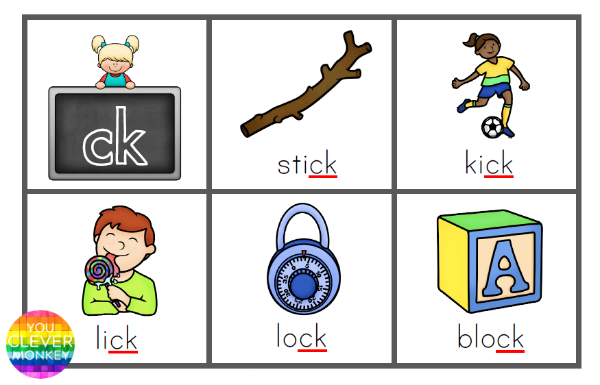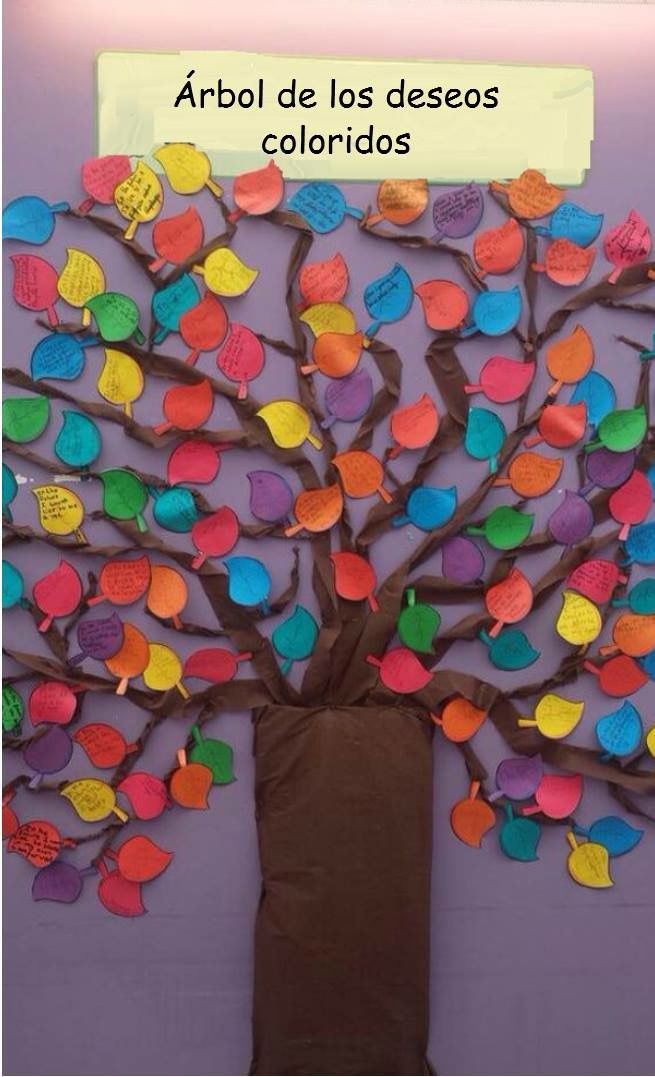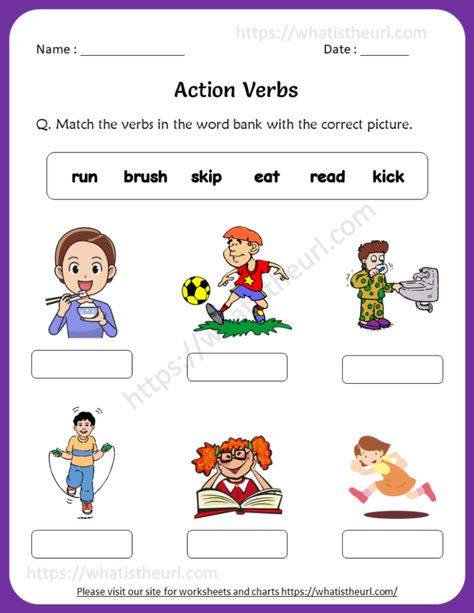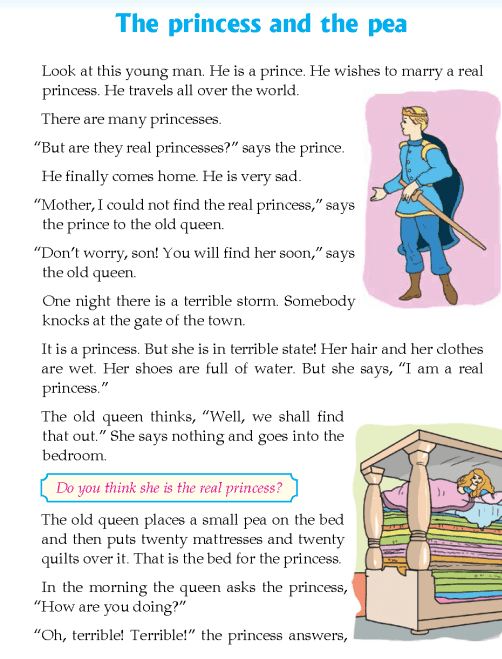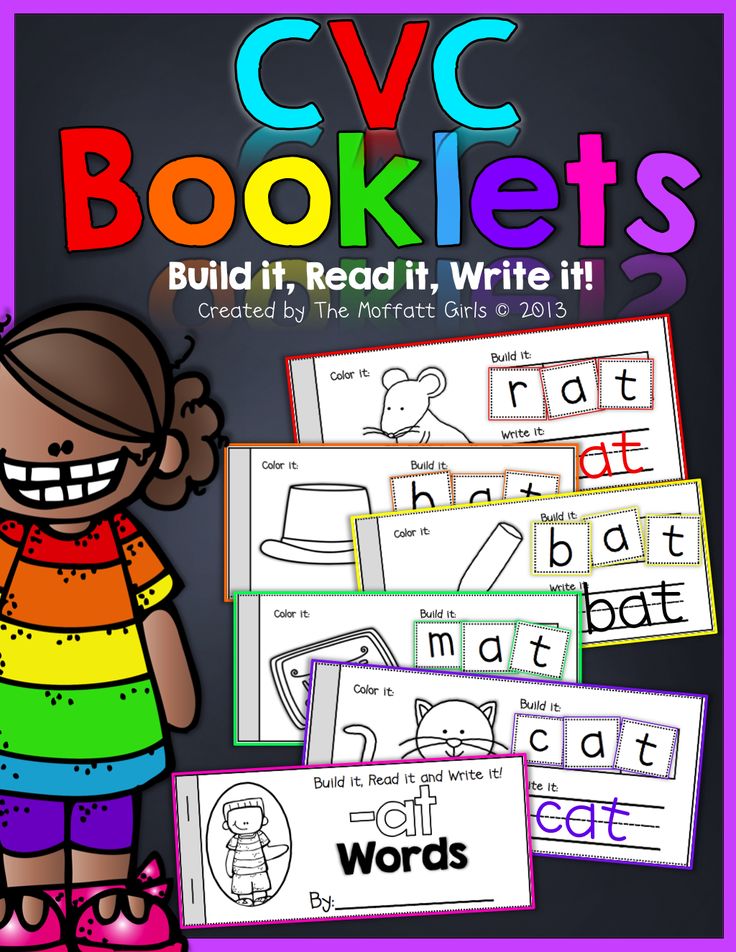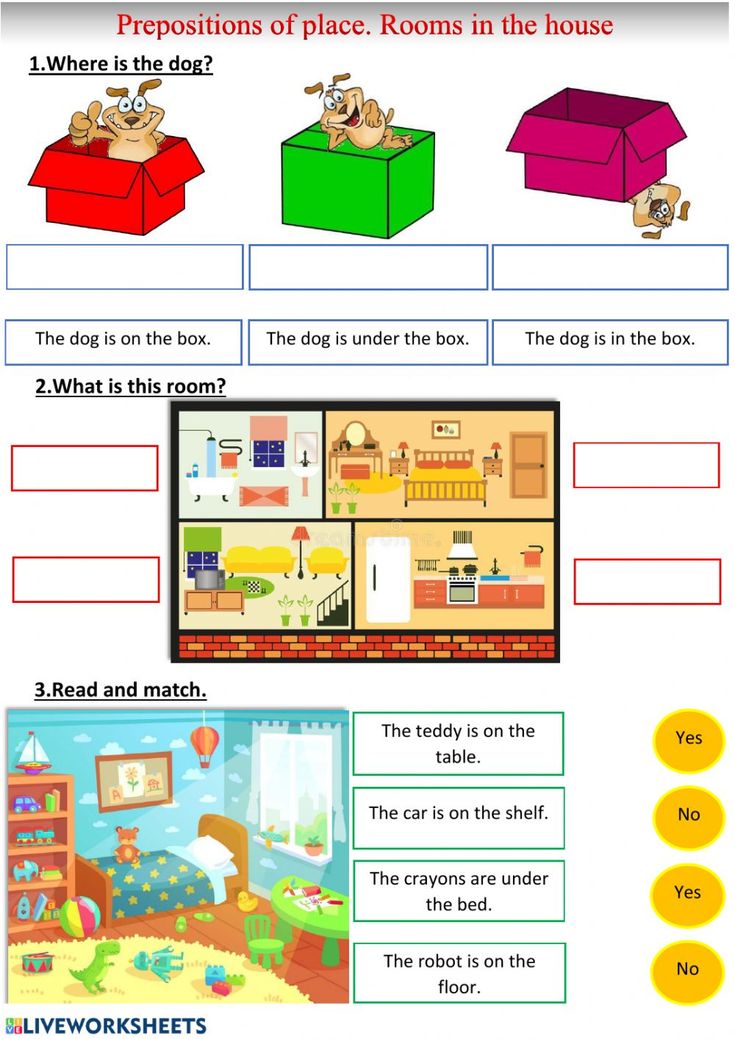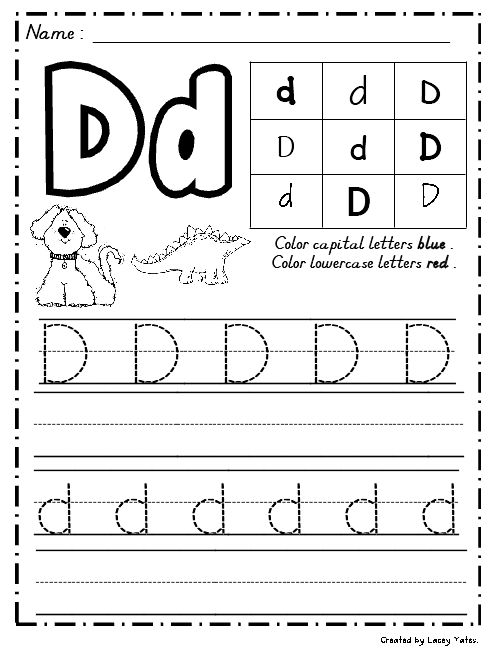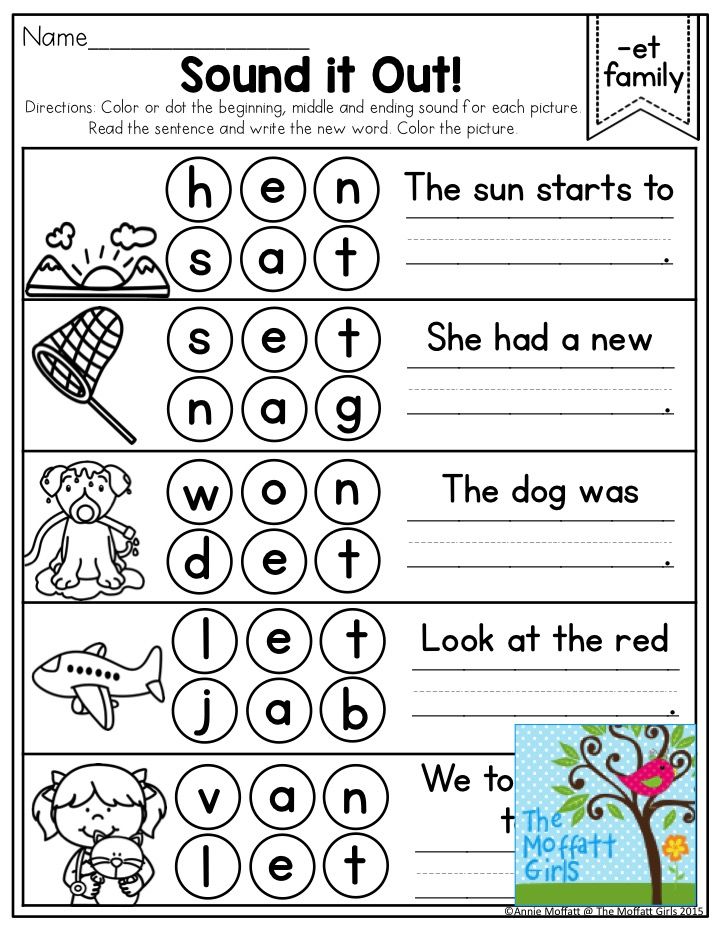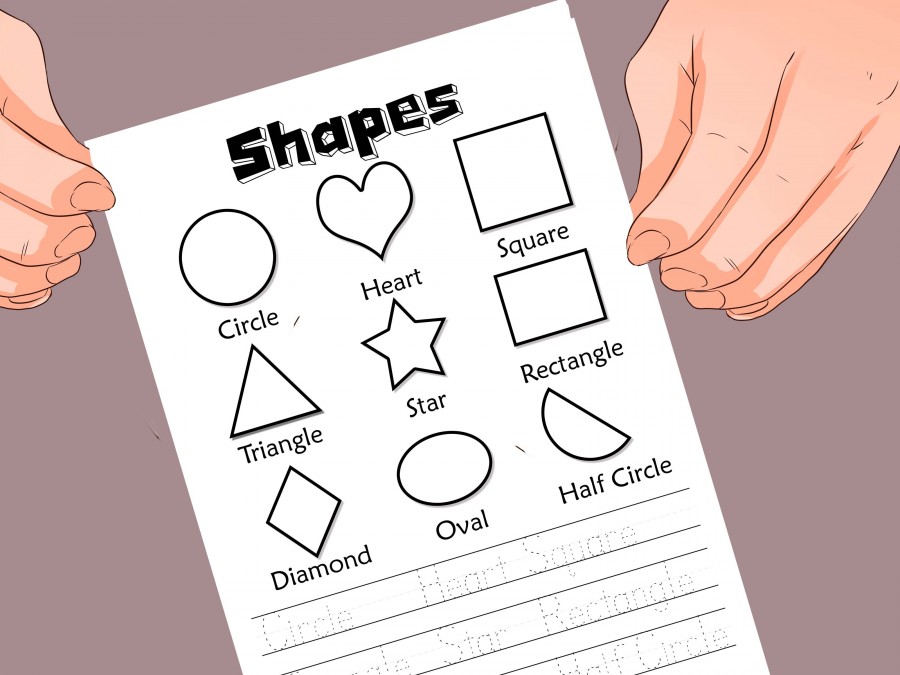Sound out the word game
Sound It Out!
About this Game
Premium Activity
The standards correlation for this activity is coming soon!
The standards correlation for this activity is coming soon!
Sound It Out! lets beginning readers practice phoneme (letter sound) and grapheme (sound spelling) relationships by dragging and dropping letters to spell a word correctly. Students can choose from two game themes.
Try Sound It Out!
with a sample list!
- K-2ndDigraphs Diverse
- K-2ndLong e Words
- 3rd-5thLong Vowel Patterns
- 3rd-5thDiphthong oi/oy
Note: Although this activity is designed for the grade levels above, it can also be used as a remediation or enrichment activity at any grade level with an appropriate word list.
Create your own word lists and more with Premium Membership
Learn More
- Foundational Skills
- Phonics
What? When a beginning reader comes across an unfamiliar word, they are often told to sound it out. More...Less
Sounding out involves decoding, which is applying knowledge of letter-sound correspondence and patterns in order to pronounce words correctly. Decoding is a foundational skill needed to build phonics and reading fluency. Kindergarten and first grade students learn to decode words with simple patterns, like CVC words. From third grade on, students begin identifying word chunks to decode multisyllabic words. Some words are more difficult to sound out than others, due to irregular phonetic patterns.
When? Students first learn about letters (graphemes) and the their relation to sounds (phonemes) in kindergarten and first grade when studying the alphabet. More...Less
Kindergartners and first graders will then learn to build on their alphabetic knowledge to be able to decode and sound out simple CVC (consonant-vowel-consonant) words, like cat. As students move to higher grade levels, they will be exposed to increasingly complex phonetic patterns.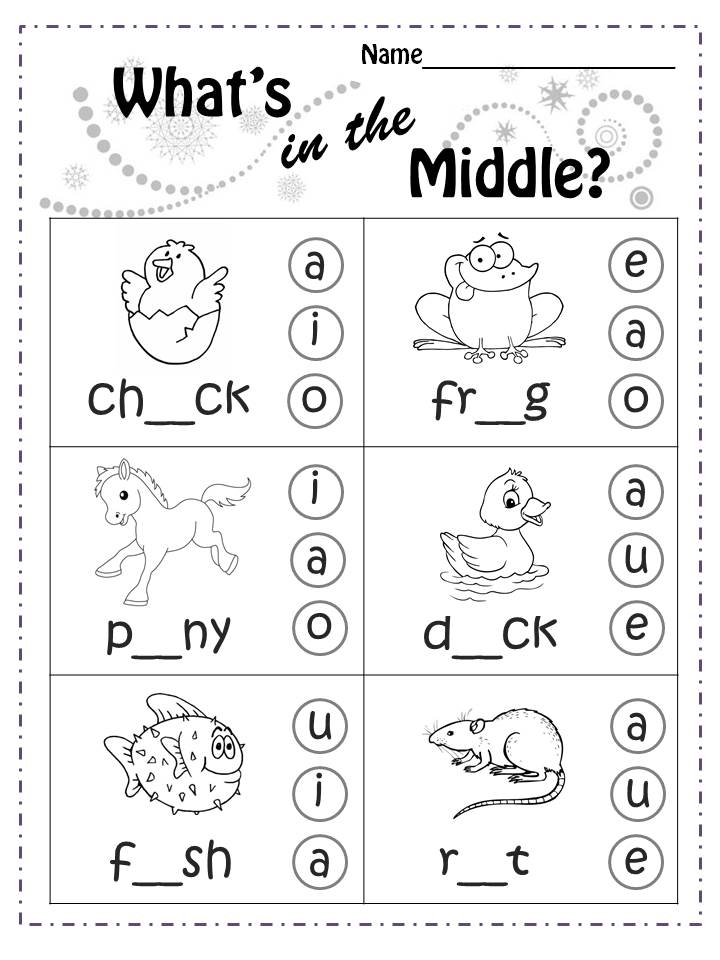 For example, first grade students will study vowel digraphs like /ow/. In 2nd grade, students will study silent letter patterns, like /kn/. Later, in upper elementary and middle school, students will be exposed to multisyllabic words and will chunk word parts, like prefixes and suffixes, to decode. Throughout K-12 English language arts, students will learn phonetic patterns in order to better sound out words and become fluent readers.
For example, first grade students will study vowel digraphs like /ow/. In 2nd grade, students will study silent letter patterns, like /kn/. Later, in upper elementary and middle school, students will be exposed to multisyllabic words and will chunk word parts, like prefixes and suffixes, to decode. Throughout K-12 English language arts, students will learn phonetic patterns in order to better sound out words and become fluent readers.
How to teach: Often teachers assign weekly spelling words that follow a particular spelling pattern. Sound It Out! engages students in interactive spelling practice. The learning game can be used during literacy centers or part of homework, as independent work.
Play to learn: Students click the sound blocks to sound out the words they hear. More...Less
A word is broken up by graphemes, just how words are broken up in an Elkonin box. When a student places the letter(s) in the wrong spot, immediate feedback is given. Students are given 1 to 5 attempts depending on the number of graphemes in the word. After using all attempts or after a correct response, the game will show students the correct way to sound out the word and will show the word in Elkonin boxes. Students who responded correctly can skip over the visual of the Elkonin boxes and the audio of the correct pronunciation. Students will continue to work on the game until they have tried to sound out all words on their word list.
Students are given 1 to 5 attempts depending on the number of graphemes in the word. After using all attempts or after a correct response, the game will show students the correct way to sound out the word and will show the word in Elkonin boxes. Students who responded correctly can skip over the visual of the Elkonin boxes and the audio of the correct pronunciation. Students will continue to work on the game until they have tried to sound out all words on their word list.
Teaching Tip: Sound it Out! can supplement K-8 phonics instruction during word study or homework. VocabularySpellingCity’s ready-made Words Their Way lists are a suitable choice for students K-12. Primary students can practice simple spelling patterns, like the silent e. Students in grades 3-5 can sound out more complex patterns, like final unstressed syllables, while students in grades 6-12 can benefit from
Sound It Out! to decode multisyllabic words. English Language Learners (ELLs) can benefit from phonics practice using Sound It Out! because of the audio visual features.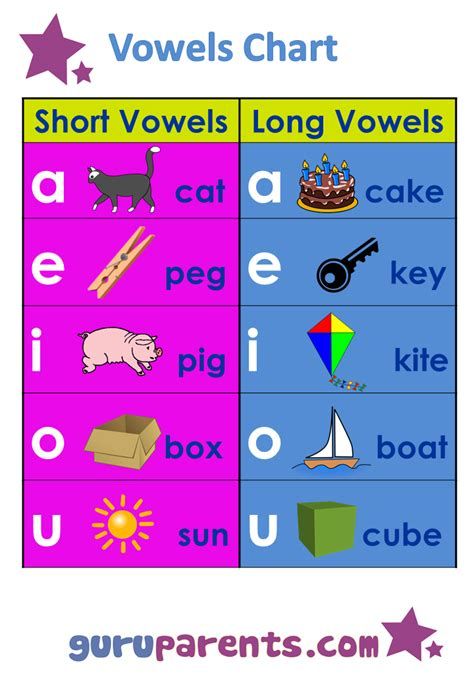 Sound It Out! can be effective with high frequency words, as they follow unusual phonetic patterns and are difficult to sound out. Also, avoid pairing the game with an abbreviations word list.
Sound It Out! can be effective with high frequency words, as they follow unusual phonetic patterns and are difficult to sound out. Also, avoid pairing the game with an abbreviations word list.
See all activities!
Sound of the Sight Word: out Game - ELA Games
Sound of the Sight Word: out Game - ELA Games - SplashLearnHome > Games > ELA Games > Sound of the Sight Word: out Game
Ignite a love for language in your child by learning the sound of the sight word: out.
Play game
Assign to class
SUBJECTS & TOPICS
Know more about Sound of the Sight Word: out Game
Spotting sight words such as out with their sound is as important as recognizing them with sight.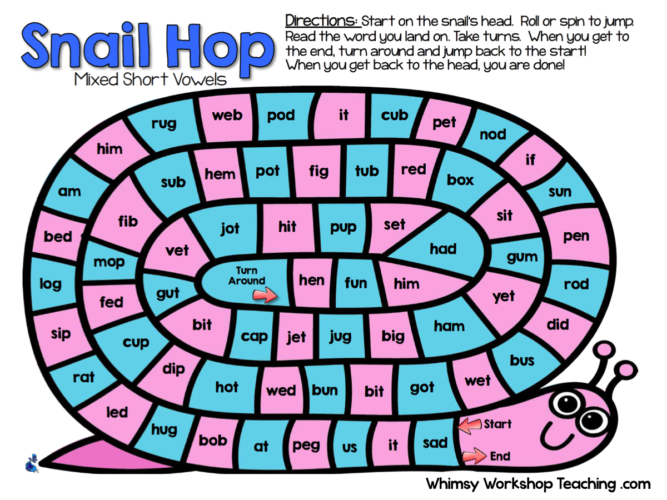 This game will help your child learn the skill of identifying sight words using just their sound.
This game will help your child learn the skill of identifying sight words using just their sound.
Explore Amazing Games on All Sight Words
View all 975 Games
-
Reading
Learn the Sight Word: I Game
Help your child practice english by learning the sight word: I.
Pre-K
K
VIEW DETAILS
-
Reading
Sound of the Sight Word: I Game
Practice the sound of the sight word: I.
Pre-K
K
VIEW DETAILS
-
Reading
Practice the Sight Word: I Game
Polish your language skills by practicing the sight word: I.
Pre-K
K
VIEW DETAILS
-
Reading
Learn the Sight Word: a Game
Help your child practice english by learning the sight word: a.
Pre-K
K
VIEW DETAILS
-
Reading
Sound of the Sight Word: a Game
Practice the sound of the sight word: a.
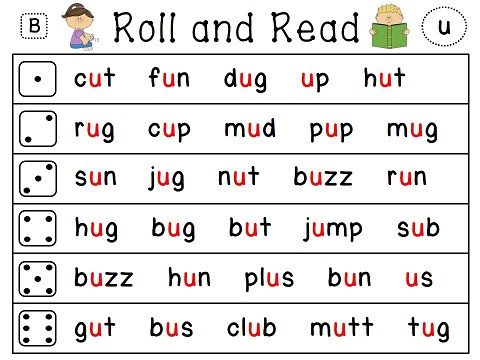
Pre-K
K
VIEW DETAILS
-
Reading
Practice the Sight Word: a Game
Polish your language skills by practicing the sight word: a.
Pre-K
K
VIEW DETAILS
-
Reading
Learn the Sight Word: the Game
Help your child practice english by learning the sight word: the.
Pre-K
K
VIEW DETAILS
-
Reading
Sound of the Sight Word: the Game
Introduce your child to the sound of the sight word: the.
Pre-K
K
VIEW DETAILS
-
Reading
Practice the Sight Word: the Game
Polish your language skills by practicing the sight word: the.
Pre-K
K
VIEW DETAILS
-
Reading
Learn the Sight Word: and Game
Help your child practice english by learning the sight word: and.
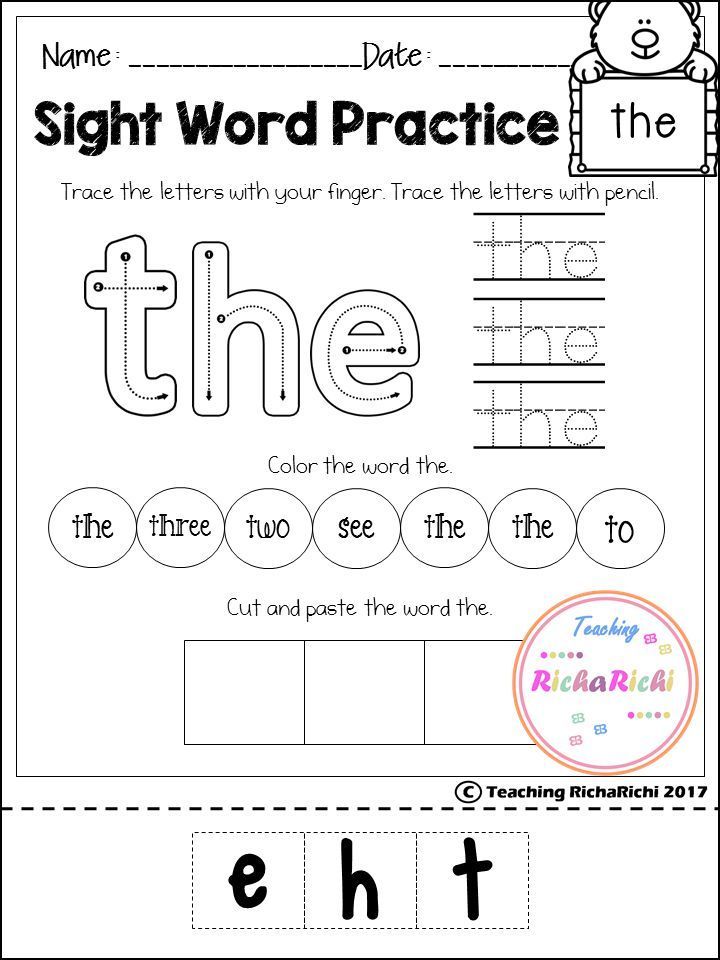
Pre-K
K
VIEW DETAILS
-
Reading
Sound of the Sight Word: and Game
Introduce your child to the sound of the sight word: and.
Pre-K
K
VIEW DETAILS
-
Reading
Practice the Sight Word: and Game
Polish your language skills by practicing the sight word: and.
Pre-K
K
VIEW DETAILS
-
Reading
Learn the Sight Word: it Game
Help your child practice english by learning the sight word: it.
Pre-K
K
VIEW DETAILS
-
Reading
Sound of the Sight Word: it Game
Introduce your child to the sound of the sight word: it.
Pre-K
K
VIEW DETAILS
-
Reading
Practice the Sight Word: it Game
Polish your language skills by practicing the sight word: it.
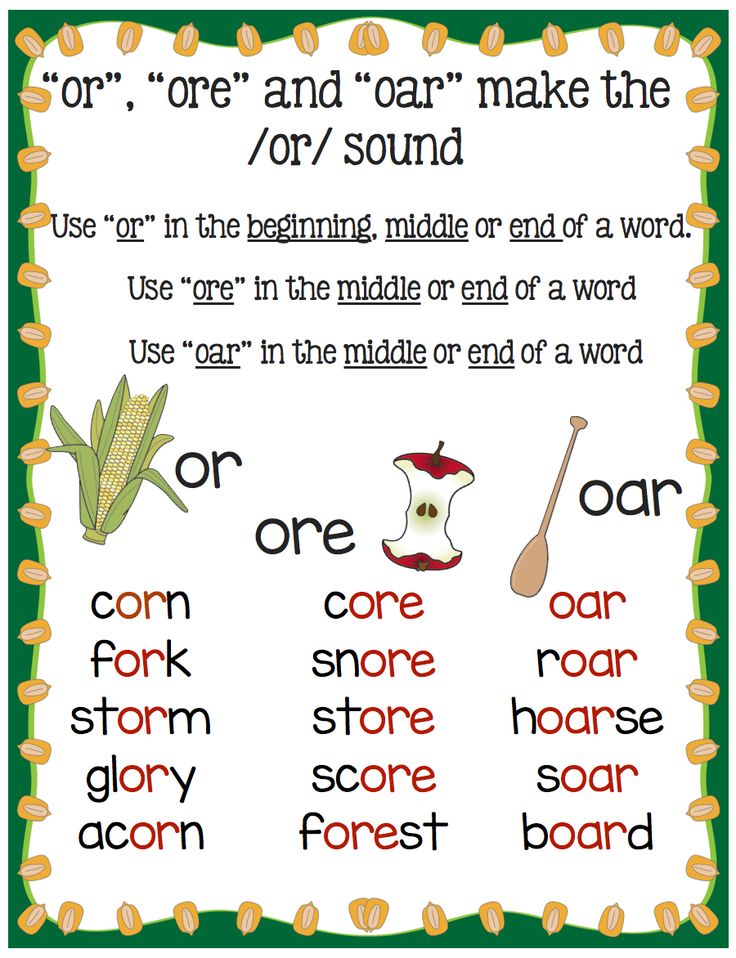
Pre-K
K
VIEW DETAILS
Discover Fun Games on Sight Words
View all 975 Games
-
Reading
Can You Find the Uppercase Letter A? Game
To play this game, find the uppercase letter A.
Pre-K
K
VIEW DETAILS
-
Reading
Can You Find the Lowercase Letter a? Game
To play this game, find the lowercase letter a.
Pre-K
K
VIEW DETAILS
-
Reading
Learn the Letters: Big A Game
Put your language skills to the test by learning the letter: Big A.
VIEW DETAILS
-
Reading
Practice the Letters: Big A Game
Kids must practice the letter: Big A.
VIEW DETAILS
-
Reading
Learn the Letters: Small a Game
Put your language skills to the test by learning the letter: Small a.

VIEW DETAILS
-
Reading
Practice the Letters: Small a Game
Put your language skills to the test by practicing the letter: Small a.
VIEW DETAILS
-
Reading
Match Big and Small A Game
Put your language skills to the test by learning to match big and small A.
Pre-K
K
VIEW DETAILS
-
Reading
Find the Letters A, B, C & D Game
Put your language skills to the test by finding the letters A, B, C & D.
Pre-K
K
VIEW DETAILS
-
Reading
Can You Find the Uppercase Letter B? Game
To play this game, find the uppercase letter B.
Pre-K
K
VIEW DETAILS
-
Reading
Can You Find the Lowercase Letter b? Game
To play this game, find the lowercase letter b.
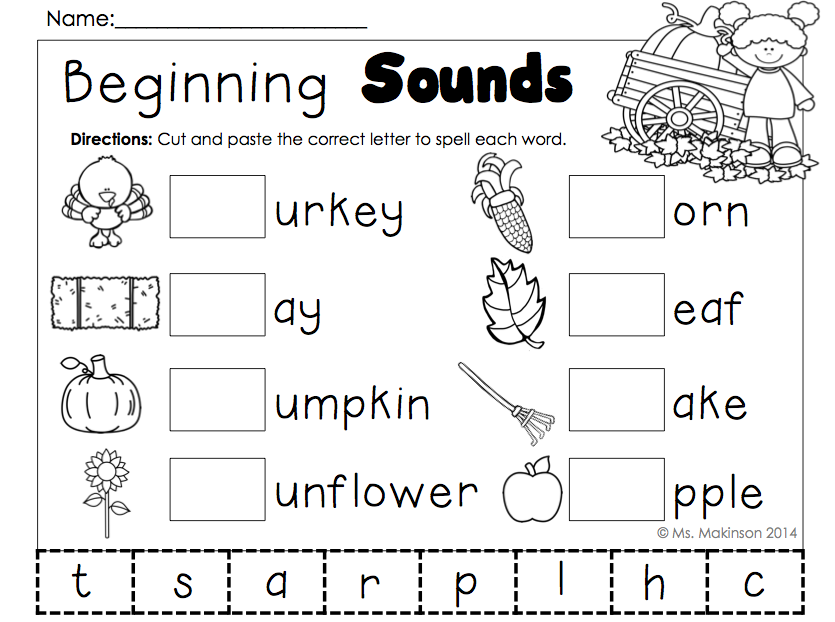
Pre-K
K
VIEW DETAILS
-
Reading
Learn the Letters: Big B Game
Put your language skills to the test by learning the letter: Big B.
VIEW DETAILS
-
Reading
Practice the Letters: Big B Game
Kids must practice the letter: Big B.
VIEW DETAILS
-
Reading
Learn the Letters: Small b Game
Put your language skills to the test by learning the letter: Small b.
VIEW DETAILS
-
Reading
Practice the Letters: Small b Game
Put your language skills to the test by practicing the letter: Small b.
VIEW DETAILS
-
Reading
Match Big and Small B Game
Put your language skills to the test by learning to match big and small B.
Pre-K
K
VIEW DETAILS
Find Engaging Games on Reading
View all 2,209 Games
-
Reading
Can You Find the Uppercase Letter C? Game
To play this game, find the uppercase letter C.
.jpg)
Pre-K
K
VIEW DETAILS
-
Reading
Can You Find the Lowercase Letter c? Game
To play this game, find the lowercase letter c.
Pre-K
K
VIEW DETAILS
-
Reading
Learn the Letters: Big C Game
Put your language skills to the test by learning the letter: Big C.
VIEW DETAILS
-
Reading
Practice the Letters: Big C Game
Kids must practice the letter: Big C.
VIEW DETAILS
-
Reading
Learn the Letters: Small c Game
Put your language skills to the test by learning the letter: Small c.
VIEW DETAILS
-
Reading
Practice the Letters: Small c Game
Put your language skills to the test by practicing the letter: Small c.
VIEW DETAILS
-
Reading
Match Big and Small C Game
Put your language skills to the test by learning to match big and small C.

Pre-K
K
VIEW DETAILS
-
Reading
Can You Find the Uppercase Letter D? Game
To play this game, find the uppercase letter D.
Pre-K
K
VIEW DETAILS
-
Reading
Can You Find the Lowercase Letter d? Game
To play this game, find the lowercase letter d.
Pre-K
K
VIEW DETAILS
-
Reading
Learn the Letters: Big D Game
Put your language skills to the test by learning the letter: Big D.
VIEW DETAILS
-
Reading
Practice the Letters: Big D Game
Kids must practice the letter: Big D.
VIEW DETAILS
-
Reading
Learn the Letters: Small d Game
Put your language skills to the test by learning the letter: Small d.
VIEW DETAILS
-
Reading
Practice the Letters: Small d Game
Put your language skills to the test by practicing the letter: Small d.
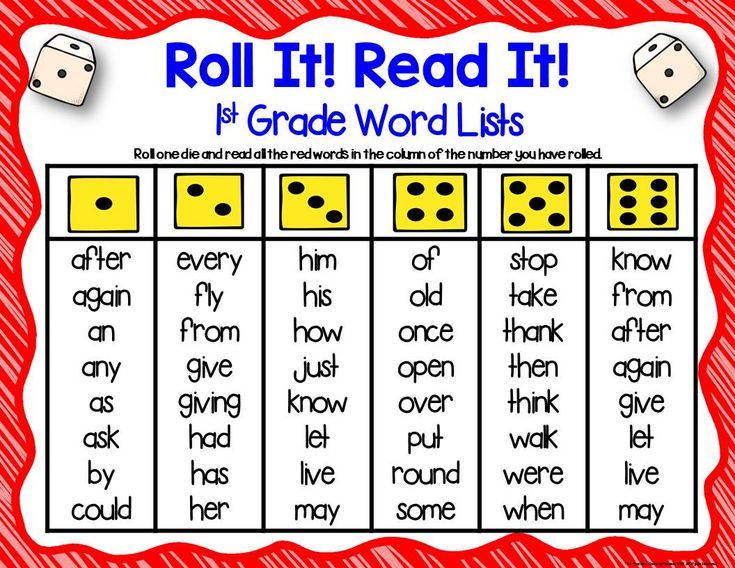
VIEW DETAILS
-
Reading
Match Big and Small D Game
Put your language skills to the test by learning to match big and small D.
Pre-K
K
VIEW DETAILS
-
Reading
Can You Find the Uppercase Letter E? Game
To play this game, find the uppercase letter E.
Pre-K
K
VIEW DETAILS
Related Worksheets
View all 1,063 Worksheets
-
Reading
Find Letter A Worksheet
Enhance your linguistic skills by finding the letter 'A' with this worksheet.
VIEW DETAILS
-
Reading
Spot Letter a Worksheet
This ELA worksheet will fill your child with zest as they spot the letter 'a'.
VIEW DETAILS
-
Reading
Where's Letter B Worksheet
Enhance your linguistic skills by finding the letter 'B' in this worksheet.
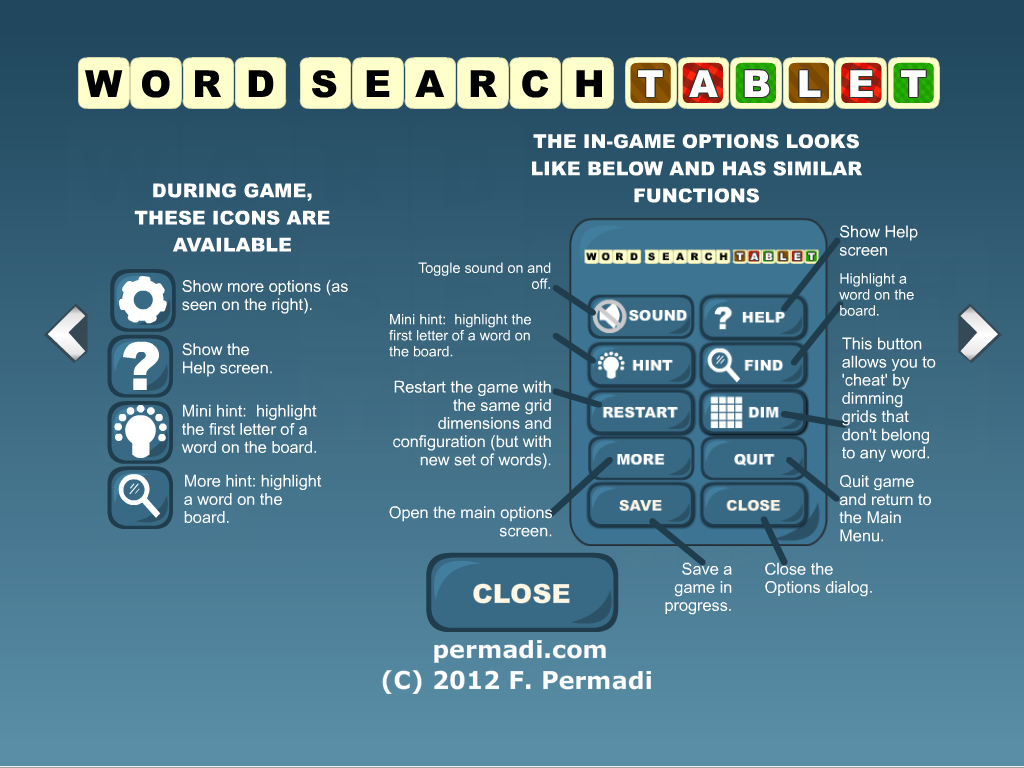
VIEW DETAILS
-
Reading
Learn About Letter b Worksheet
In this worksheet, learners will get to learn about the letter 'b'.
VIEW DETAILS
-
Reading
Look for Letter C Worksheet
Add elements of fun to your ELA practice by looking for Letter C.
VIEW DETAILS
-
Reading
Color Letter c Worksheet
Enhance your linguistic skills by coloring the letter 'c' with this worksheet.
VIEW DETAILS
-
Reading
Color Letter D Worksheet
Enhance your linguistic skills by coloring the letter 'D' with this worksheet.
VIEW DETAILS
-
Reading
Look for Letter d Worksheet
Become more versatile in English by looking for letter 'd'.
VIEW DETAILS
-
Reading
Circle Letter E Worksheet
Learners must circle the letter 'E' to improve their ELA skills.

VIEW DETAILS
-
Reading
Where's Letter e Worksheet
Enhance your linguistic skills by finding the letter 'E' in this worksheet.
VIEW DETAILS
-
Reading
Look for Letter F Worksheet
Learners must look for the letter 'F' to improve their ELA skills.
VIEW DETAILS
-
Reading
Circle Letter f Worksheet
Learners must circle the letter 'f' to improve their ELA skills.
VIEW DETAILS
-
Reading
Where's Letter G Worksheet
Enhance your linguistic skills by finding the letter 'G' in this worksheet.
VIEW DETAILS
-
Reading
Find Letter g Worksheet
Enhance your linguistic skills by finding the letter 'g' with this worksheet.
VIEW DETAILS
-
Reading
Learn About Letter H Worksheet
Reinforce ELA concepts by learning about the letter 'H'.
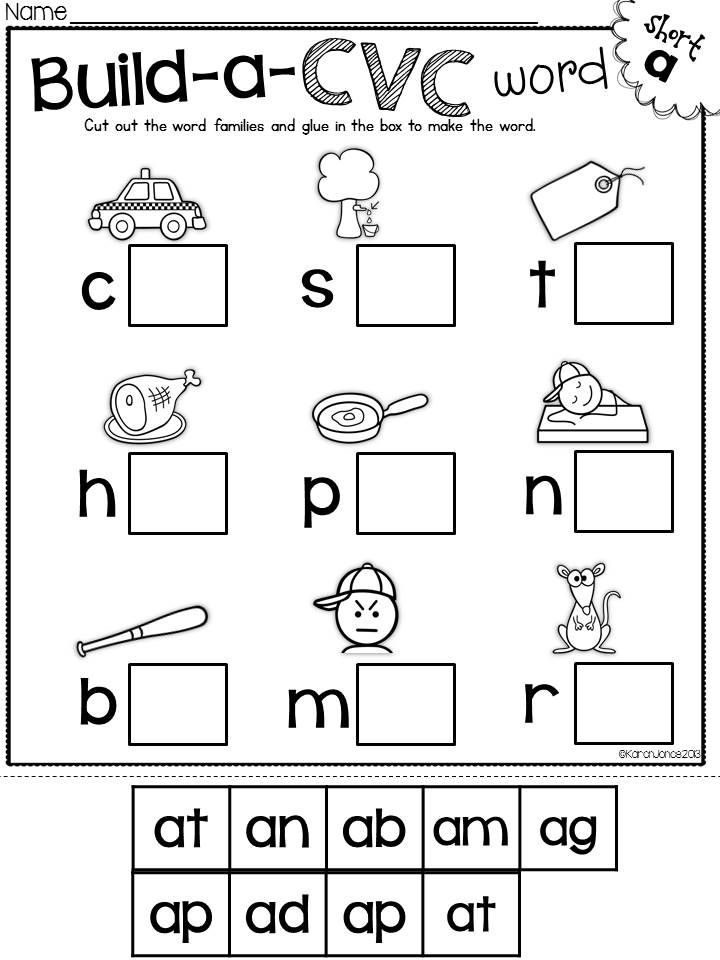
VIEW DETAILS
Your one stop solution for all grade learning needs.
Give your child the passion and confidence to learn anything on their own fearlessly
Parents, Sign Up for Free
Teachers, Use for Free
4,413+
4,417+
RELATED TOPICSbeginner's guide (page 2)
Stage IV: Working with actors
A few months have passed. You grew a beard, got bags under your eyes and noticed that winter had already come (in April ...), but still completed the primary processing of texts. Of course, the timing varies depending on the volume, the quality of the source material, your workload and the size of the team, but in the absence of experience, it is unlikely to do without hitches. So, at this stage, the test of your perseverance and perseverance ends, and the initiation as a coordinator and leader begins.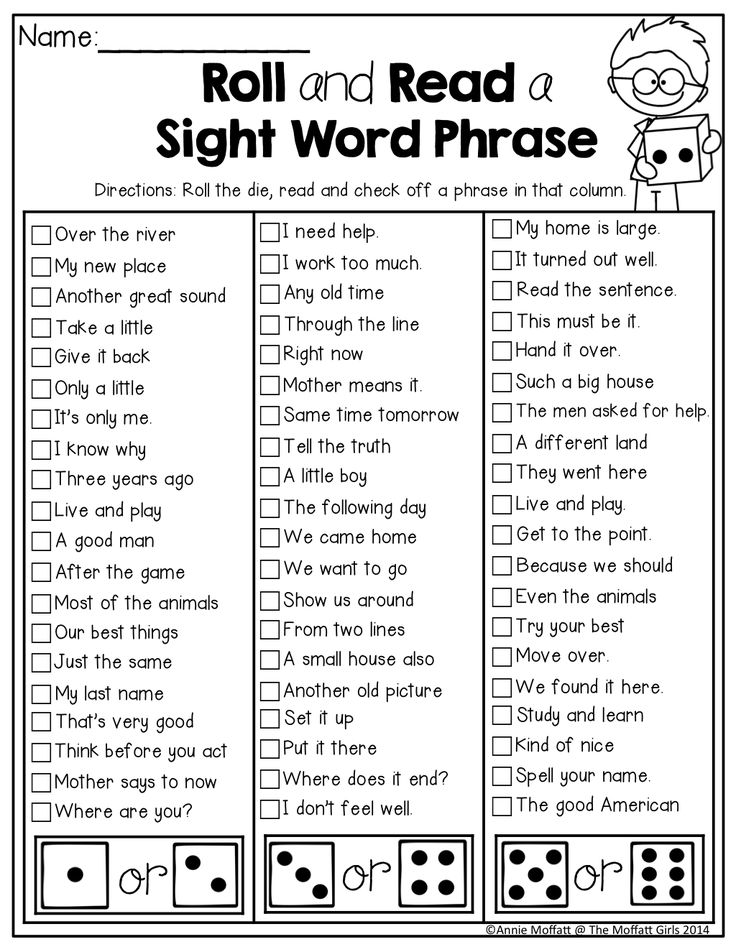
If you yourself graduated from the theater and have a flexible voice, your finest hour has come. Seriously. No one knows the game as well as the localization curator, thanks to access to all the text and familiarity with the majority of game situations. No one can play the necessary emotions so well as a person who has already devoted hundreds of hours to the project both as a player and as a stacker translator.
If your development points are invested in “intelligence”, and not “charisma”, and you still work alone, you should again cast a bait on specialized Internet resources, but this time pay more attention not to forums, but to communities of voice acting studios .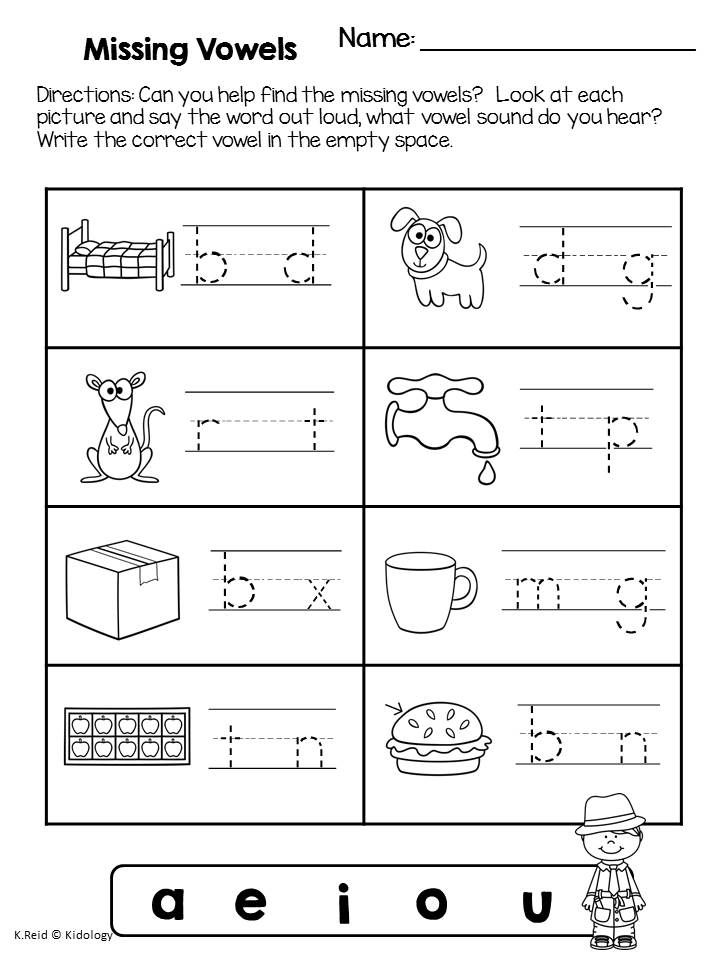 In the GameSVoiCE group, for example, there is a topic "Recruitment to the team", where people leave resumes with contacts and examples of work. Aspiring actors often agree to work “for an idea” in order to gain experience, so it’s worth taking a closer look at such shots.
In the GameSVoiCE group, for example, there is a topic "Recruitment to the team", where people leave resumes with contacts and examples of work. Aspiring actors often agree to work “for an idea” in order to gain experience, so it’s worth taking a closer look at such shots.
When reviewing role candidates, don't get hung up on the perfect voice match. It is much more important that a person gets into the image itself, feels the manner of speaking of his character, and not just endows him with a characteristic hoarseness and the necessary timbre. The problem with accents is also practically unsolvable in our conditions: when in the original the characters communicate in five different dialects of English, no matter how hard you try, you will not be able to convey this feature of speech in localization so that it does not look like a caricature. Humble yourself.
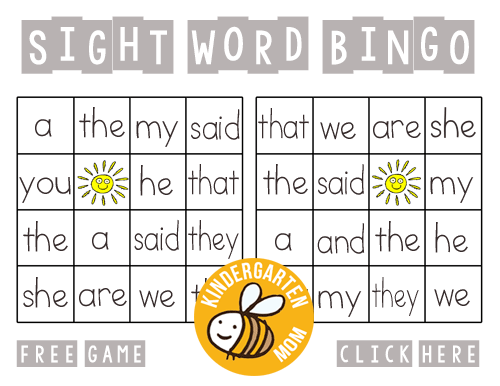
An experienced team has an already established cast and even connections with the masters of domestic dubbing, but even here there are pitfalls: money and volumes. It is difficult to find a suitable candidate for a major role of 1000 or more lines: some do not have free time for ten-hour recording sessions, others do not agree to take it on for free, others do not have the necessary equipment and are ready to record only in studios, and renting a room is also a matter costly.
recommendations
The financial issue is now decided on crowdfunding sites. The opportunity to hear Russian speech in Risen 3 and Dark Souls 3 appeared thanks to donations from fans, and now similar fees are being held on Transistor localization . However, you should not indulge yourself in the illusion of imaginary earnings: the success of the campaign largely depends on advertising, and the funds raised are hardly enough to pay the actors.
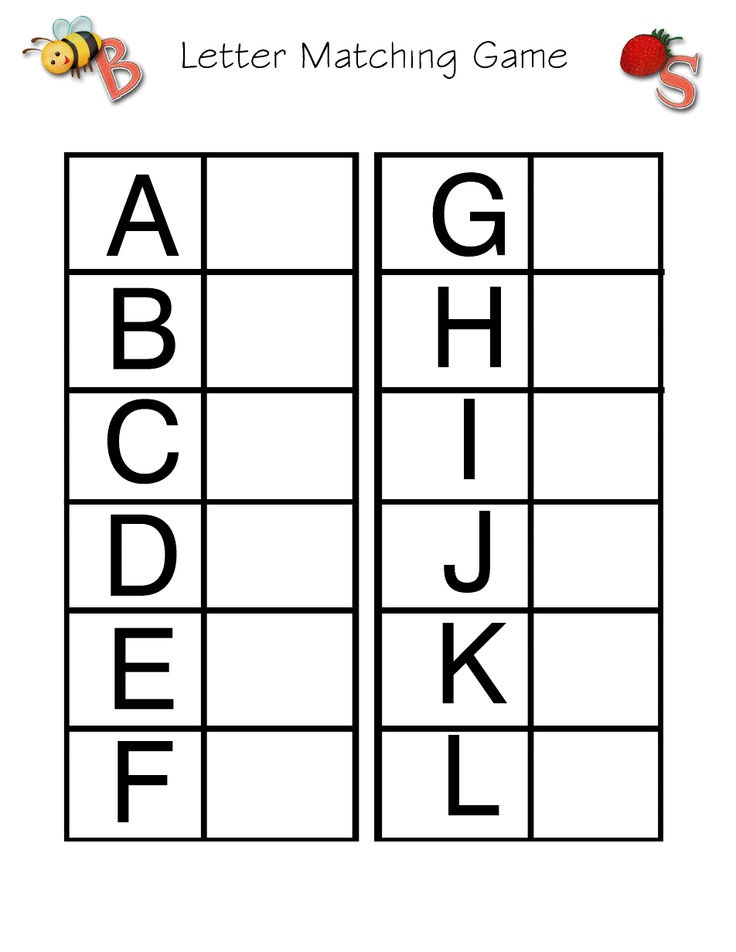 ru. But now it’s easier to organize something like this in your VK group, where there are no insane commissions.
ru. But now it’s easier to organize something like this in your VK group, where there are no insane commissions. When the casting is done and the terms of the deal are agreed, you should bring the chosen ones up to date. Ideally, write a brief description of the voiced characters, indicate their character traits and role in the events of the game, give a brief description of the universe itself and the plot of the plot. In addition to texts with a list of lines, actors are given audio files with original voice acting, so that during dubbing it is clearer what emotions and intonations to play out in different situations. If there are no originals at all (say, you are recording the voice acting of your own game), make text notes (anger, irony, whispers, etc.).
But that's not all the preparations. It is important to note the stresses in proper names, names of places and atypical objects. Do not forget about semantic accents. The simple phrase “she did as she was told” can be pronounced in different ways: in one version, the emphasis is on the very fact of the accomplished action ( “she already did it” ), in the other on the specifics of this performance ( “she did exactly that, and not otherwise" ).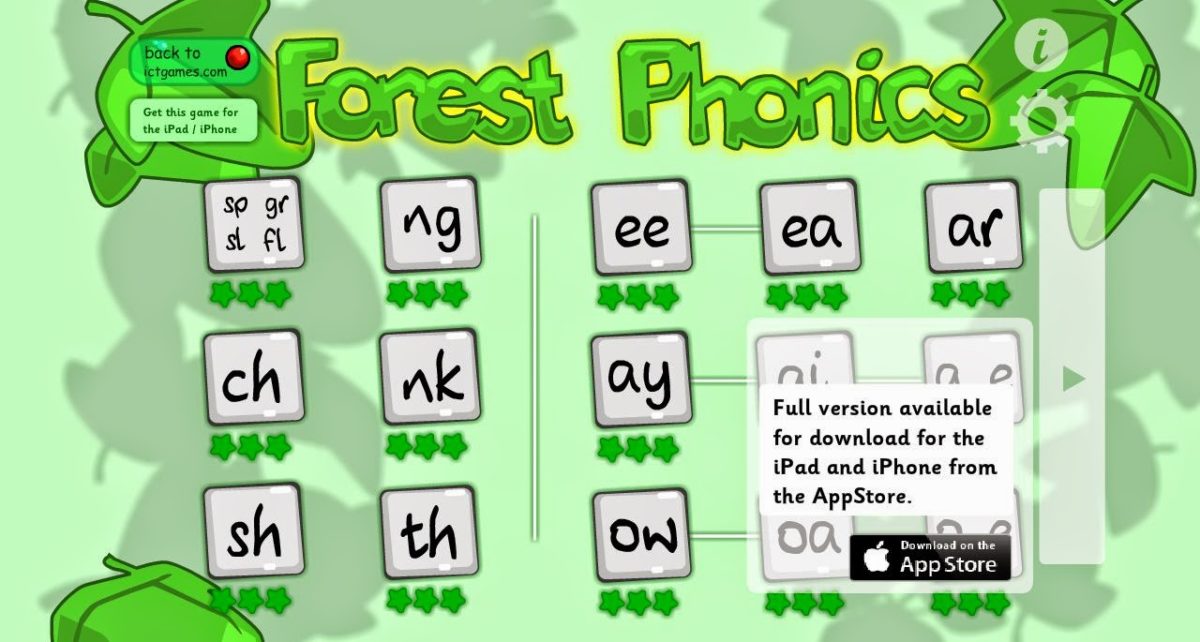 Stressed words are usually noticeable when listening to the original files, but if the structure of the sentence was changed during the translation process, the actor can get confused, so it is better to indicate them in the notes.
Stressed words are usually noticeable when listening to the original files, but if the structure of the sentence was changed during the translation process, the actor can get confused, so it is better to indicate them in the notes.
Stage V: Sound Processing
This stage, and some of the previous stage, puts you in the status of a waiter, periodically pissing off busy people with questions like “how much longer” and “when will it be ready”. This process is very similar to strategies of indirect control, where all you can do is check boxes, prioritize tasks, then wait. Day, week, month, more. From time to time to be interested in progress, to motivate and adjust who needs to be, to redistribute roles if someone refused or completely disappeared from the radar.
It is important to check already duplicated replicas for obvious errors. Make sure that the person understood the task correctly. In a good way, this case is preceded by recording samples, but not always and not everyone has time for this, especially if the actor works at the studio and has access to equipment only on certain days. If the recording does not cause complaints, it is sent to the sound engineer for mixing.
If the recording does not cause complaints, it is sent to the sound engineer for mixing.
So we got to the stage where everything can stall. For this reason, voice acting for Risen 3, the largest localization crowdfunding project, is still in beta. Most of the characters have long been recorded and put into folders, but there are not enough people to process such volumes (33 thousand lines) of voice acting. Well, if you are a loner, you already know what to do (forums, communities, search for support among fans of the game), but practice shows that it is not so easy to find experienced sound specialists.
I see no point in describing the technical nuances of the process - if you wish, you yourself will find video tutorials on Adobe Audition, where everything is shown and told. But you can unload the sound engineer a little if you select the optimal takes: actors usually record voice acting in a single “sausage”, with several pronunciation options for one phrase – you have to listen to all this stuff, mark the best, and send something back for re-recording.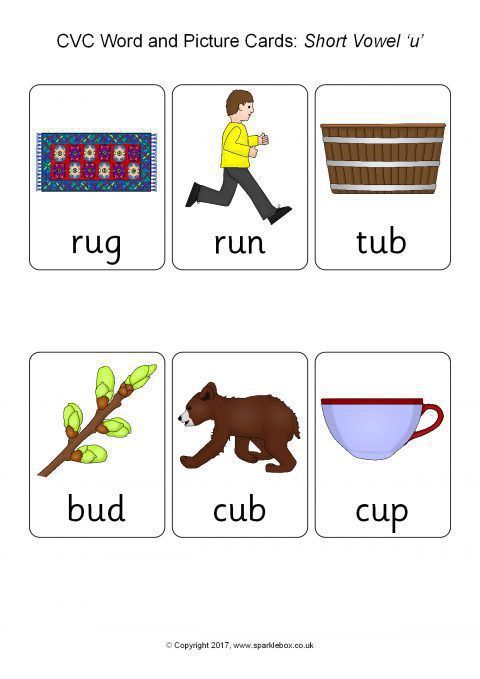 If you are at least a little “on you” with audio editors, cut the necessary replicas so that the master does not have to pick them out from the general array.
If you are at least a little “on you” with audio editors, cut the necessary replicas so that the master does not have to pick them out from the general array.
Sound processing speed depends on the quality of the source material. When the dubbing is close to perfect, it is enough to adjust it to the original: equalize in volume and synchronize with the lips of the character (if this is not voiceover). In the case of breaths, sighs and extraneous noises on the recording caused by insufficient soundproofing of the room, the standard procedure is supplemented by a painstaking file cleaning process. Given that most of the time you'll be working with non-professionals, average bad records will become a given and there's no getting around it.
The matter becomes more complicated if the voice acting contains special effects: echo, distortion, noise.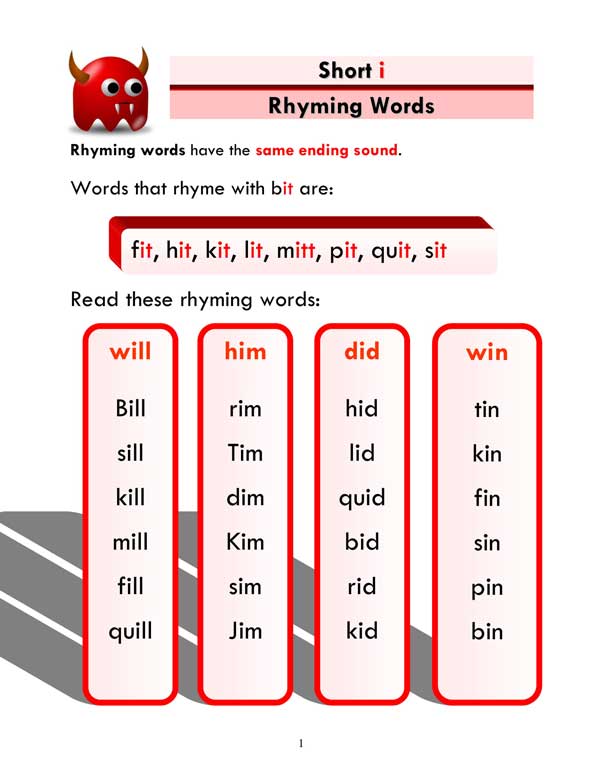 In Bastion, on one of the levels, the speech of the narrator for the atmosphere is arranged in such a way that it alternately comes from the left, then from the right speaker, and this also adds a headache to the sound engineer. Sometimes the engine itself puts a spoke in the wheels, for example, in Dark Souls III it creates multi-channel sound in real time, using effects from different files, which are often contained in different archives.
In Bastion, on one of the levels, the speech of the narrator for the atmosphere is arranged in such a way that it alternately comes from the left, then from the right speaker, and this also adds a headache to the sound engineer. Sometimes the engine itself puts a spoke in the wheels, for example, in Dark Souls III it creates multi-channel sound in real time, using effects from different files, which are often contained in different archives.
Stage VI: Assembly and General Testing
When the sound engineer is pleased with the last batch of mixed lines, you will briefly return to stage II, only this time you will not systematize the lyrics, but the finished dubbed files. You should carefully listen to all the voice acting sent, because it may hide interference unnoticed during processing, mouse clicks, sighs and extraneous sounds. It is better to do this in the audio editor, because some of the players do not reproduce the last fractions of a second, which gives the impression that the line has been cut off.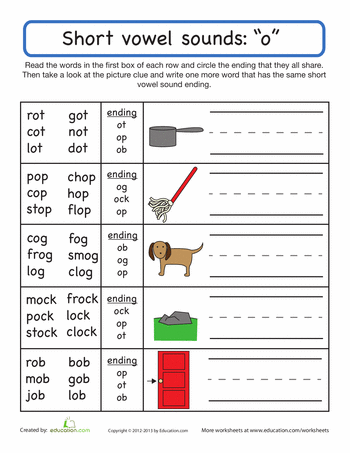
Often there are unremovable noises on the recording, and there is nothing left but to voice the problematic lines again, so do not rush to send edits to the actors at the stage of selecting and cutting takes - it is more reasonable to do it in one stream, after the sound engineer has said his word. For the same reason, it is important to force the stage of sound processing, because over time, the actor may change the equipment and recording conditions, or even refuse to cooperate with you for some reason.
After careful checking and sorting, the processed sounds are sent to the programmer for packaging. Keep in mind that adding voice acting is usually done by replacing the original files, so make sure that the replicas have names like INFO_IKENX4_00012081_English (example from Risen 3: Titan Lords), that is, they are 100% consistent with the source.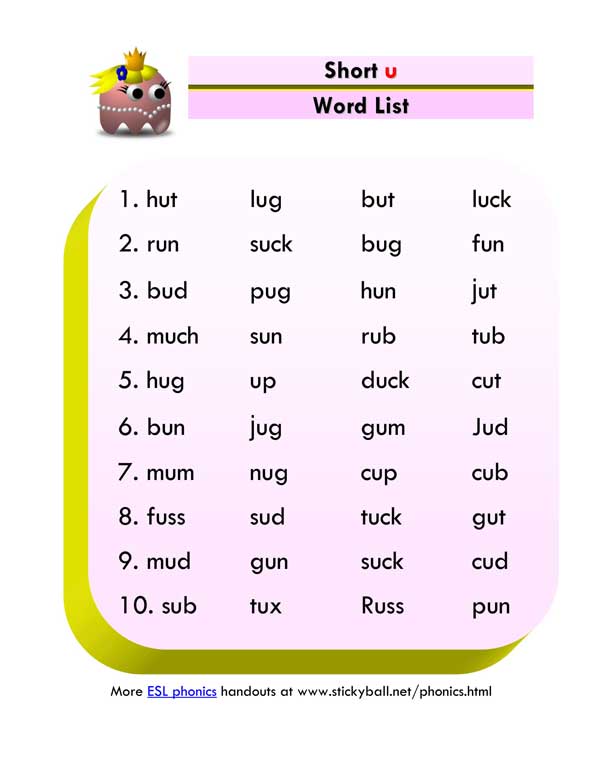 What happens next depends on your specialist: he will have to convince the game that the files being replaced do not differ from the “native” ones.
What happens next depends on your specialist: he will have to convince the game that the files being replaced do not differ from the “native” ones.
Getting an archive with a packed voiceover is a solemn and exciting moment, but it's too early to exhale: it's important to make sure that everything works like clockwork. To do this, it is desirable not only to replay the game, but also to try to “break” it at the same time: interrupt speech playback in mid-word, trigger a new cue before the current one ends, notice whether the sound is correctly positioned in space relative to the voice source. If something seemed suspicious, look at the same situation in the original and thereby find out if this is a bug in the original game or just the voice acting.
If the testing did not reveal critical flaws, it's time to make a decision: publish the work now or after the residual corrections, which are likely to be. On the one hand, a voice acting beta test will allow you to quickly get feedback from players and identify previously unnoticed errors, on the other hand, there is a risk of spoiling the first impression of the results of your work.
On the one hand, a voice acting beta test will allow you to quickly get feedback from players and identify previously unnoticed errors, on the other hand, there is a risk of spoiling the first impression of the results of your work.
Finally, about the texts: you should transfer them back from the working environment at the very last moment, when all the edits are approved and the contents of your main table no longer change. If it was not possible to avoid subsequent corrections, put them on a separate sheet so that it is clear and clear how the problem line looks now (in the beta build), and what form it should take in the final version. And if this is not an online table, and several people work with it, change its numerical index in the title after each editing - this will help to avoid confusion with outdated and no longer relevant texts.
Stage VII: Release and promotion
Edits processed? Has the updated version been built? Now you can be happy for yourself and for those who have helped you all this time, because the hardest part is over. But this is not the end. It is necessary to prepare the text for the news about the localization release, where it is necessary to mention all those involved in the project, especially the actors and sound engineers, as well as provide texts for the installer and instruct the programmer to do it - this fad is optional, but it is better not to neglect the convenience of users.
But this is not the end. It is necessary to prepare the text for the news about the localization release, where it is necessary to mention all those involved in the project, especially the actors and sound engineers, as well as provide texts for the installer and instruct the programmer to do it - this fad is optional, but it is better not to neglect the convenience of users.
And it remains to spread the word about the release, because you probably want as many people as possible to know about your creation. Create topics on the forums of popular playgrounds, offer news to thematic communities on social networks, negotiate cooperation with fan sites. The only thing is, don't overdo it with self-praise, describing the voice acting as "long-awaited" and stuff like that - this can pre-set the public against you or pull on explicit advertising.
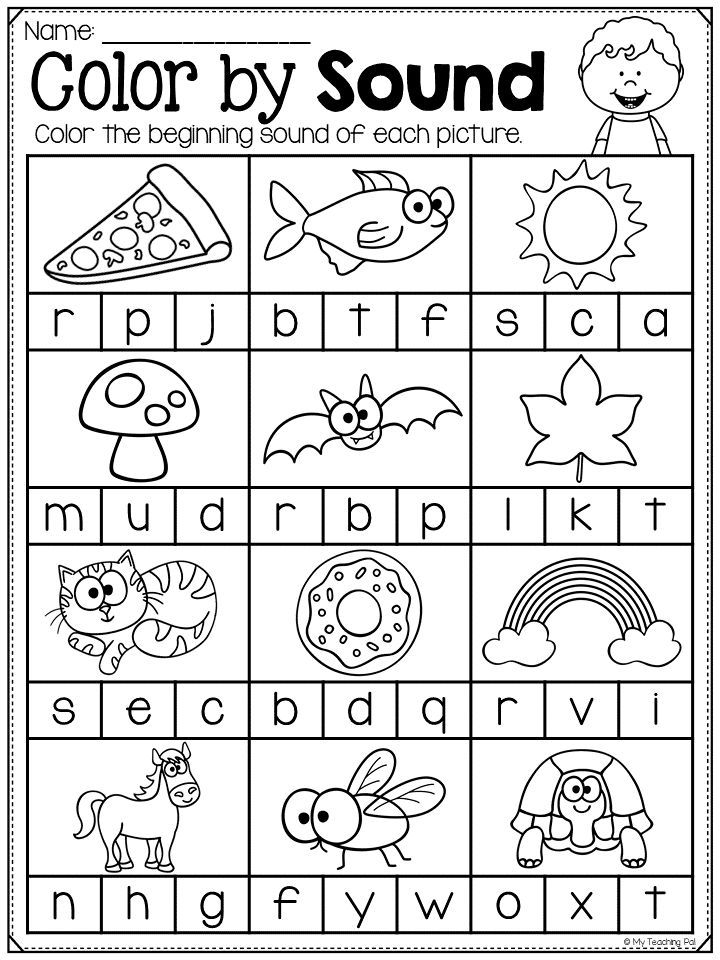
There are no win-win schemes in terms of promotion, but there are a few tricks. Firstly, the release is better to coincide with some event, whether it is the release of a new part of the series or the next anniversary of the release. Secondly, keep track of major seasonal sales and report discounts to your audience - at this time, the hype around old games rises, and the number of crack downloads per day increases several times compared to ordinary days.
Do not underestimate the importance of promotional materials. By posting progress reports and creating all kinds of surveys to resolve disputes regarding translation, you once again remind others of what you are doing. Do not forget about videos with voice acting examples - at least one must be required to assess the quality. Forcing people to buy the game for this is a bad form.
 In this video on Transistor, for example, you can hear both the narrator's speech and the performance of the song Red.
In this video on Transistor, for example, you can hear both the narrator's speech and the performance of the song Red. If you have already announced your intention to localize, listen to what the fans say and want - this is a source of personnel, finances, and sometimes even sound ideas. Don't know how to translate a complex sentence? Bring it up for discussion. Can't decide which of the two equal actors to approve for the role? Arrange an appropriate survey. But don't let yourself be manipulated by pandering to the crowd's every whim. The project is yours, and the final word on any issue should remain with you.
Finally, don't count on the fact that after the release of your first work you will wake up famous and revered. After a long labor marathon, you will have accumulated experience, a fad in your portfolio and the localization of the game itself, which you probably won’t want to touch for a long time, because all its dialogues have already been learned by heart during translation, installation, selection of duplicates and testing.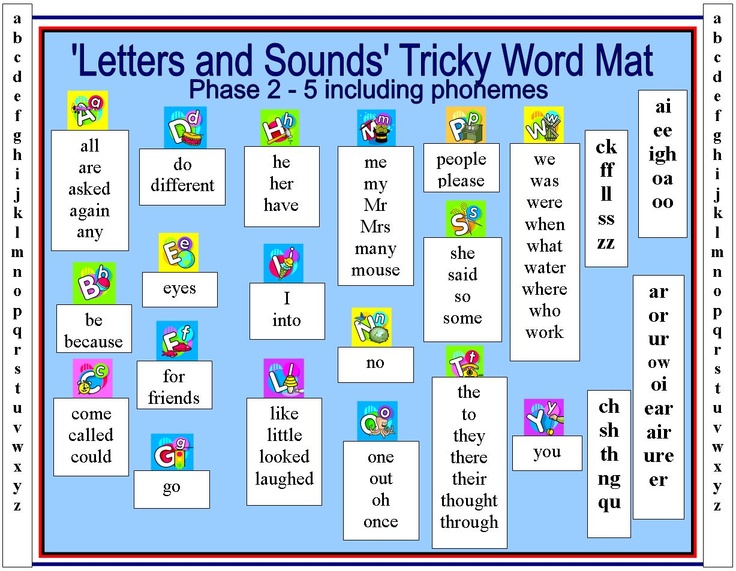
Conclusion
At this stage of the reading, you should be overtaken by a fit of pessimism. For for the sake of what all this activity with so little output? The question is sensible. But instead of answering, let me digress a little.
A few years ago, on a gaming resource, having no current experience and having a more naive outlook on life, I proposed the idea of a public gathering for the voice acting of games that do not have official dubbing. Then this proposal was met with bewilderment and ridicule. But time passed, crowdfunding developed, such ideas began to be implemented. Initially, few people believed in the success of the Risen 3 campaign, but it happened - the first (perhaps in the world) case of successful financing of voice acting by fans took place. Now, ironically, I myself supervise this project, slowly but surely bringing it to completion.
The moral of this story is simple: there are no unattainable goals with the right level of diligence and stubbornness, especially when it comes to an unoccupied niche and lack of competition.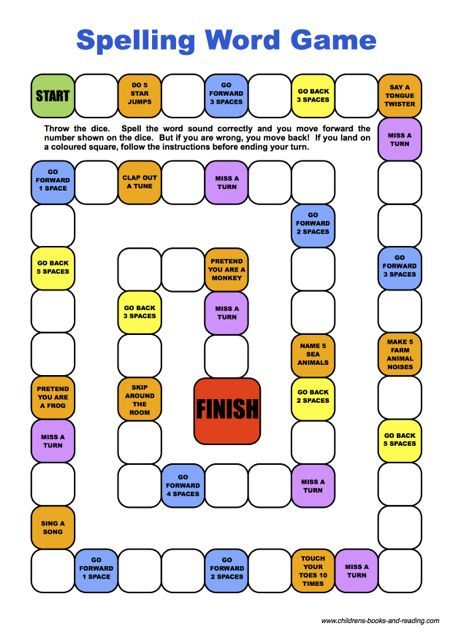
Vitaly Krasnovid aka Dezintegration
We express our gratitude to the head of the GameSVoiCE voiceover studio Anatoly Kalifitsky for his help in preparing the material.
Subscribe to our channel in Yandex.Zen or telegram channel @overclockers_news - these are convenient ways to follow new materials on the site. With pictures, extended descriptions and no ads.
How to use Fiverr to voice a game / Sudo Null IT News
Introduction
This article will primarily be useful to indie developers who are thinking about voice acting for their game. Everything written below is solely my personal experience. I hope it helps you save time and effort.
Many indie developers make games in solo or small teams. And often, due to limited resources, you have to prioritize.
So it was in our case. We put game design, visual design and coding in the first place.
We made a prototype pretty quickly and after the first tests we decided we wanted to keep developing.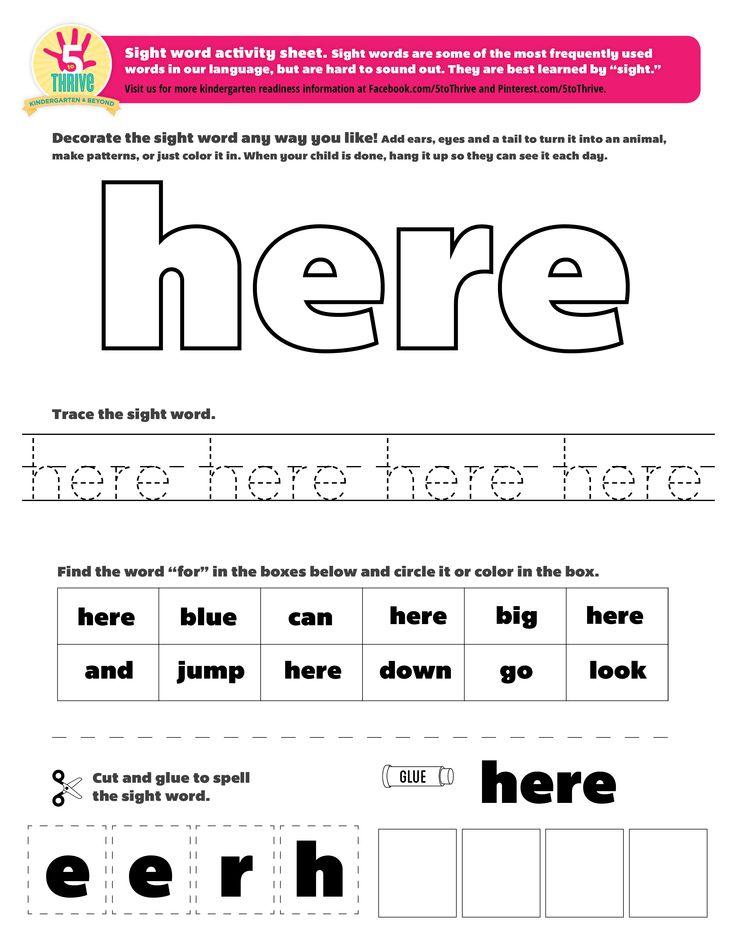
After some time, when all the main tasks were completed, we started thinking about sound design.
We don't have a separate sound designer in our team. In the absence of volunteers, I took on this fascinating part of the work in addition to my other duties. I conditionally divided the sound design in our game into sound effects, music and voice acting of the characters. I would like to talk about the last component.
In many games, dialogue is done exclusively in text form. However, I think if you have animated characters in the game, then the voice acting will make them much more alive (I still remember how brother Virgil from Arcanum sounds)! Also, you will most likely need damage sounds, screams, and so on. Voice acting will not make a bad game good, but if you want the player to immerse themselves in the atmosphere of the created world, it can help with this.
Where do you get the sounds of voices from?
I tried three ways:
1. Unity asset store (or stocks).
Unity asset store (or stocks).
When I was looking for sword sounds and interface effects, I managed to find some good sets in the asset store. They cost about 10-15 dollars. But when I was trying to find damage, death and warcry sounds (the main sounds I needed), I ran into a problem. There were quite a lot of such sounds, however, they were all too realistic. And it didn't go well with our cute little soldiers :)
But if you have a minimal budget, this option may suit you.
2. Record yourself.
At the very least, you need decent recording equipment to voice characters. Otherwise, the sound quality will be so-so and you will have to spend extra time cleaning the soundtrack from noise. But even so, the result will be worse than professional sound recording. I tried... it didn't work out so well. T_T
But if you have a sound designer on your team, it's likely that you will be able to achieve some success using this method.
3. In the end, I decided to ask the voice actors for help.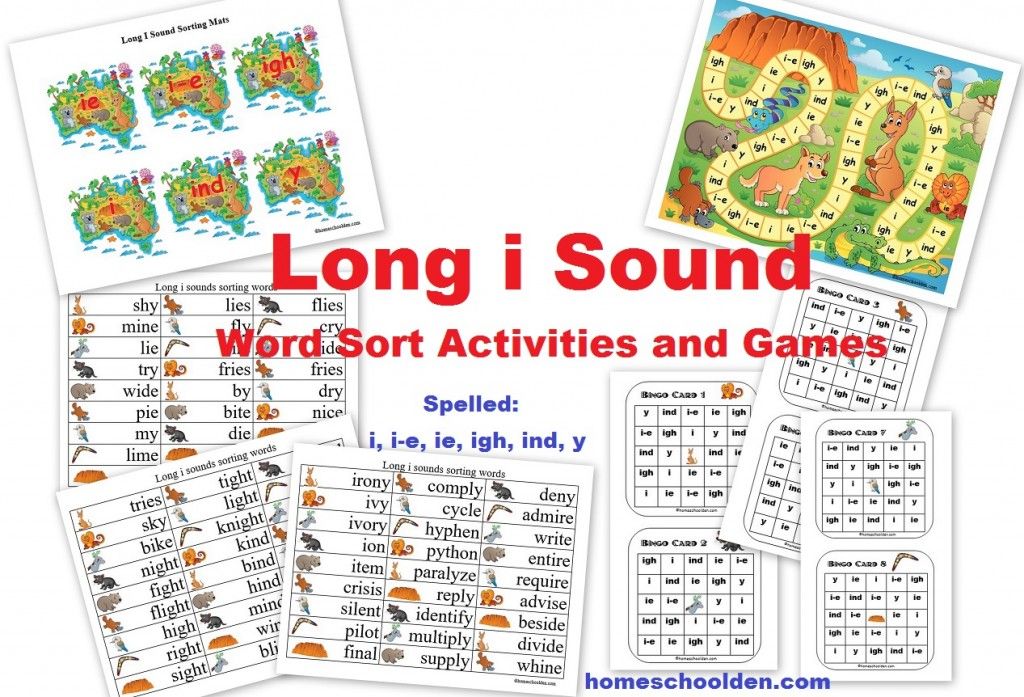
There are several freelance aggregator sites on the Internet. My choice fell on Fiverr. Next, I will describe my experience with this particular resource. Looking ahead, I will say that in general I was pleased with the result.
Fiverr
Fiverr has a lot of freelancers doing everything from design to programming. I only used it to find voice actors and composers. English is predominantly used for communication on the site.
The range of prices is quite large: from $5 for 250 words to $20 for 50. There are also much more expensive options. Commercial rights must be paid separately. In the freelancer account, you can see what else they charge extra for.
If you need to voice, for example, ten characters, then it will be cheaper to find two or three actors who will voice three or five characters than to take ten actors for ten characters. Also, don't expect one actor to be able to voice too many different characters just fine. Even if a person is engaged in voice acting professionally, his voice has certain limitations.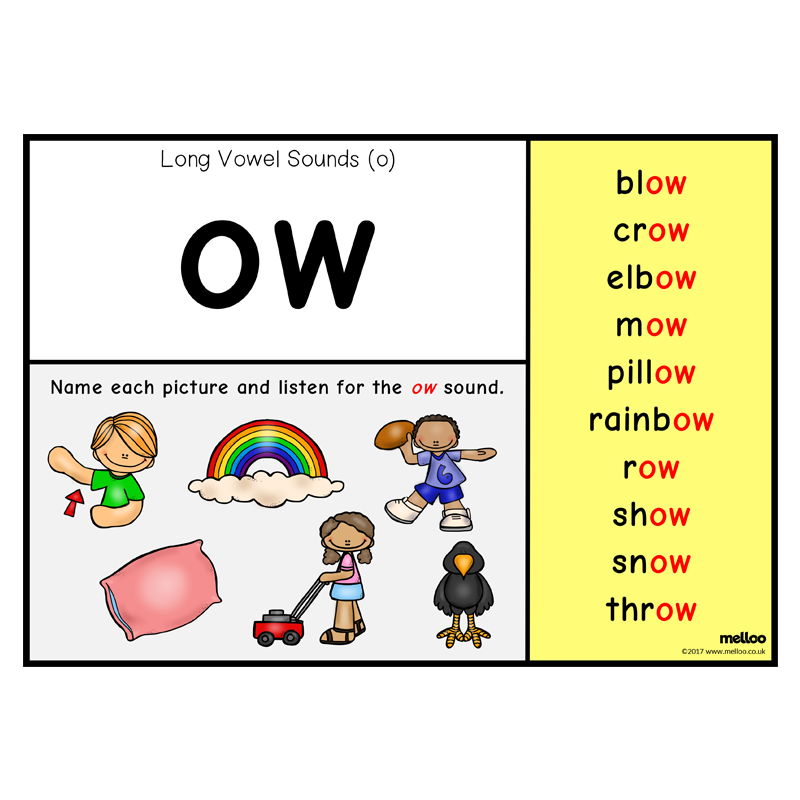
So you've also decided to try Fiverr for voice acting, what's next?
1. Decide how many characters you want to voice and what they will say. Think about optimization - which sounds can be reused, which characters need to be voiced first.
2. If you didn't have a voiceover script, now is the time to do it. The more detailed the script, the better the product you will get in the end. Describe the character who needs voice acting. Who is he? What does he do? What is his character? All this will help the actor to do his job. Mark sections of the text where the actor should change the intonation: add anger, curiosity, surprise, etc. If you want him to scream - write about it. If you have a reference for what you need, that would be a plus. If you need some unique exclamation, then you can use a recording of your voice as a reference. Attach an image of the character (it is better to immediately GIF animation). Write down your wishes for the length of the sounds. For example, if the sound corresponds to an animation that lasts one second, this must be indicated.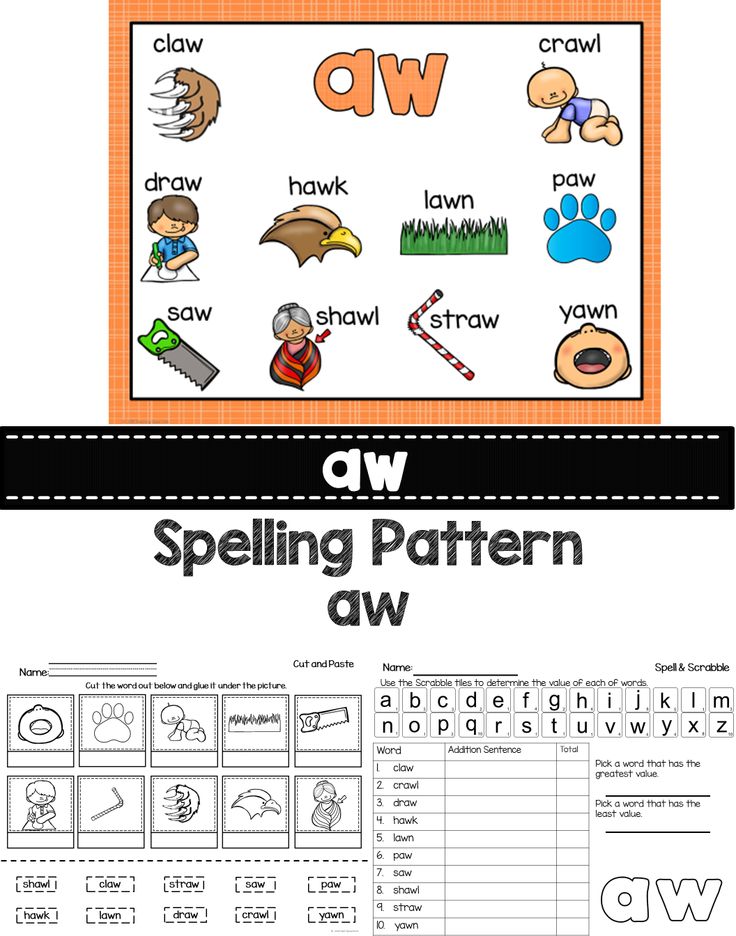 If you need a large number of short phrases, ask for a two-second pause between each phrase. In the future, this will help to cut the track into separate files (the actors themselves will be engaged in cutting only for a fee). If the same actor will be voicing multiple characters, ask him to announce each new character before reciting his lines.
If you need a large number of short phrases, ask for a two-second pause between each phrase. In the future, this will help to cut the track into separate files (the actors themselves will be engaged in cutting only for a fee). If the same actor will be voicing multiple characters, ask him to announce each new character before reciting his lines.
Most actors (in the inexpensive price range) will not improvise. So treat the script as VERY responsibly as possible and write down ALL the details.
3. Search for actors on the site. In addition to the fact that you need to drive in the tags that suit you (wizard voice, knight voice, etc.), you should pay attention to a few things. Almost all actors have examples of their past work, in which you can hear how wide his sonic range is and how well he suits the image of your characters. The better you choose the type, the less time you will spend on feedback and alterations later. I also paid attention to whether the actor worked on game projects in the past.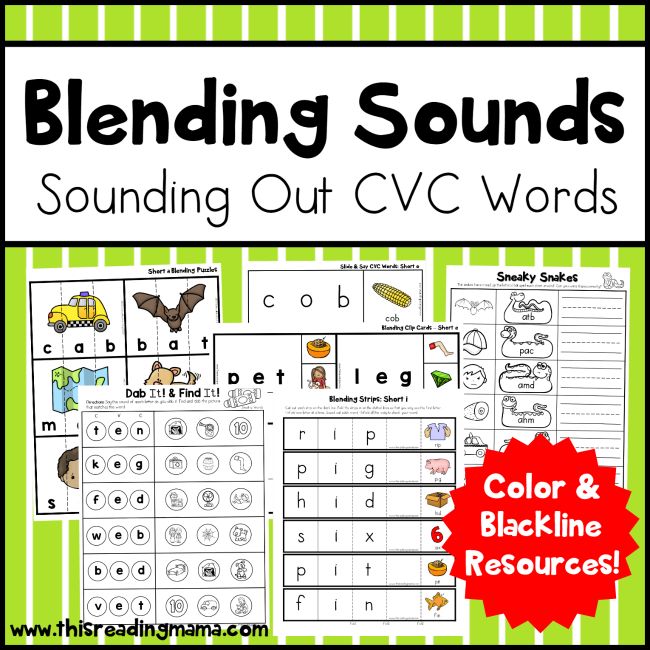
4. Once you've chosen your actors, don't immediately apply for a job. First, it is better to write a message to the freelancer with a description of the task and clarification about the deadlines and other details. After discussing all the details, it will be possible to place an order and start work. IMPORTANT: specify that you need commercial rights (you are going to sell your game), as well as what file extensions you need. Many charge a little more money for WAV files. If you have a large order from one actor, then perhaps he will meet you and give you a discount (if you ask). Before placing an order, you can ask to do a test task for the voice acting of one or two sentences to check whether the actor can handle it.
5. Your order must arrive within the time agreed with the actor. You will almost always have the option to ask for edits by default (1-2 times). The number of free edits must be specified in the order details. If the order does not clearly show how many times the actor is ready to make changes, specify this point.